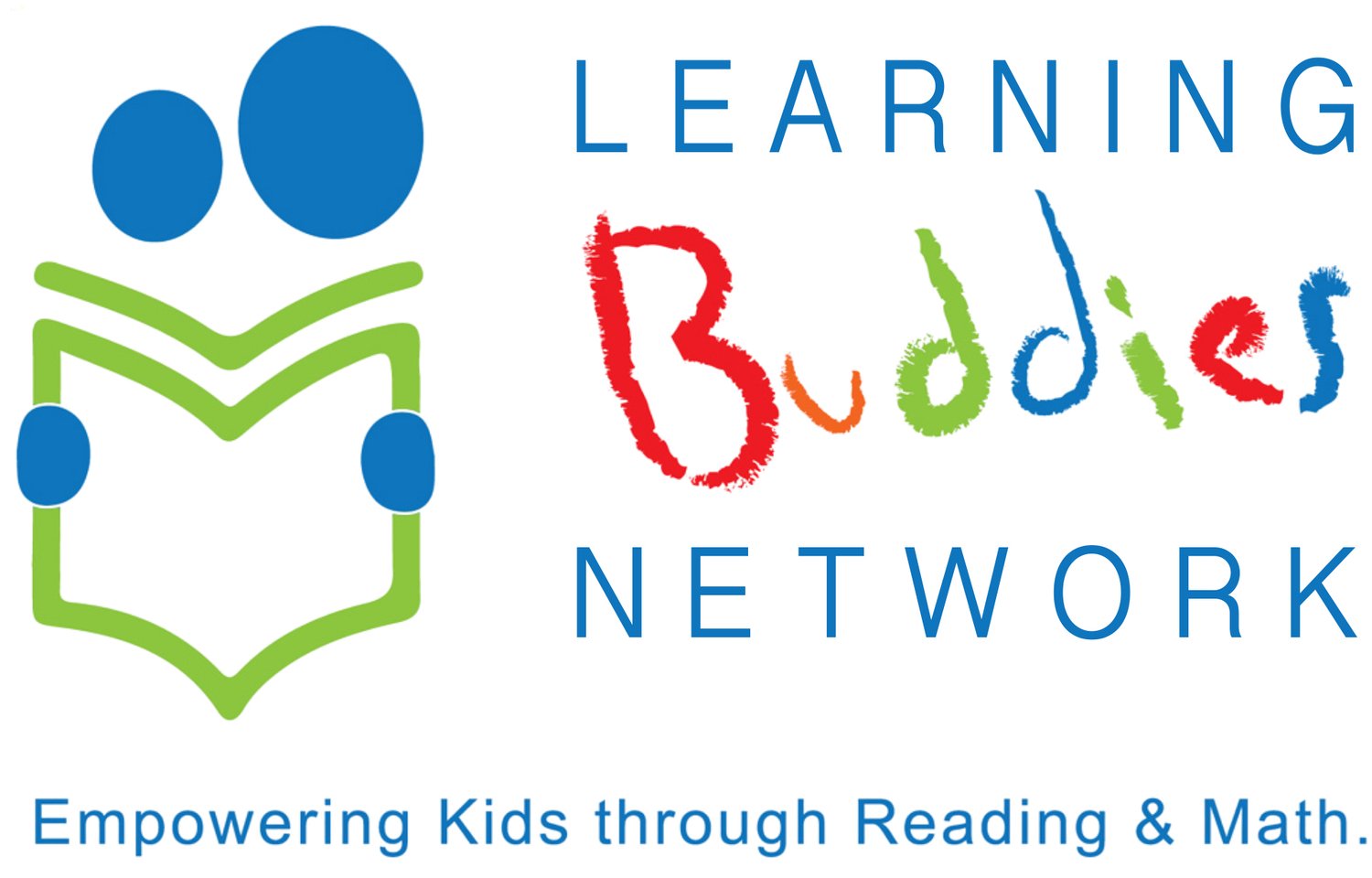Elevating Your Study Game: A Student’s Guide to Mastering Memory
Source: Unsplash (@sickhews)
In the ever-evolving world of education, understanding the science of memory can be a game-changer for any student. Whether you’re preparing for an upcoming exam, learning a new language, or simply trying to remember the multitude of facts and figures being thrown at you daily, mastering the art of memory retention can be hugely beneficial. Let’s dive into the science behind memory and uncover some effective techniques to enhance your studying process.
The Science of Memory: A Brief Overview
Memory serves as the cornerstone of learning, enabling us to store and retrieve the vast amounts of information encountered throughout our education. It comprises three main stages including encoding, storing, and retrieval. This process allows our brains to absorb new knowledge, connect it with existing information, and apply it when needed. For anyone interested in taking a deeper dive into what is physically happening in the brain with learning and memory, this is a great article outlining this process.
There are two main types of memory: short-term (or working) memory and long-term memory. Short-term memory holds information temporarily for about 20 to 30 seconds, acting like a scratch-pad for nearby observations. Long-term memory, on the other hand, is where information is stored indefinitely from a few minutes to a lifetime.
Distinguishing between short-term and long-term memory is vital; short-term memory acts as a temporary holding area, while long-term memory stores information for extended periods. The transition of information from short-term to long-term memory is known as memory consolidation, a process influenced by various factors including attention, rehearsal, and the emotional significance of the information. Effective studying techniques focus on moving information from short-term to long-term memory, ensuring knowledge is retained and easily accessed.
Strategy #1 - Spaced Repetition
Spaced repetition leverages the concept of timing to enhance memory retention. Instead of cramming, this method involves reviewing material over increasing intervals of time. For example, you may start with daily reviews if the material is new to you, then as you become more familiar, gradually extend the interval to once every 3-4 days, then to weekly. It taps into the psychological spacing effect, which suggests that information is more likely to be transferred to long-term memory through spaced intervals of learning. Tools like flashcards and spaced repetition software can automate this process, systematically reminding you to review information just as you’re about to forget it.
Strategy #2 - Storytelling/Linking
The storytelling, or linking, method transforms dry, challenging material into vivid interconnected stories or concepts that you create. By creating a narrative or linking new info with known stories, facts become easier to remember. This approach is based on the fact that our brains are wired to remember stories and connections between ideas more efficiently than isolated pieces of information. Whether it’s historical dates, scientific processes, or mathematical formulas, weaving them into a story or linking them with familiar contexts can significantly boost retention.
Strategy #3 - The Memory Palace
The Memory Palace, or Method of Loci, is an extremely powerful mnemonic device. This involves associating the information you want to remember with specific locations or objects within a familiar place, such as your home or school. By mentally walking through this ‘palace’ and placing pieces of information in specific locations, you create a structured path for recall. This technique leverages spatial memory, which is incredibly robust in the human brain, allowing for efficient retrieval of information by visualizing your journey through the space and picking up the pieces of information you left in each ‘room’.
It’s essential to remember that mastering these strategies takes time and practice. Start with one technique that resonates with you and gradually incorporate others as you become more comfortable. Experimentation is key; find what combinations work best for your learning style and subject matter. By harnessing the power of these memory strategies, you're not just improving your ability to remember; you're setting yourself up for a deeper understanding and a more fulfilling educational experience. So, embark on this journey with an open mind, and watch as your memory—and your academic achievements—reach new heights.

